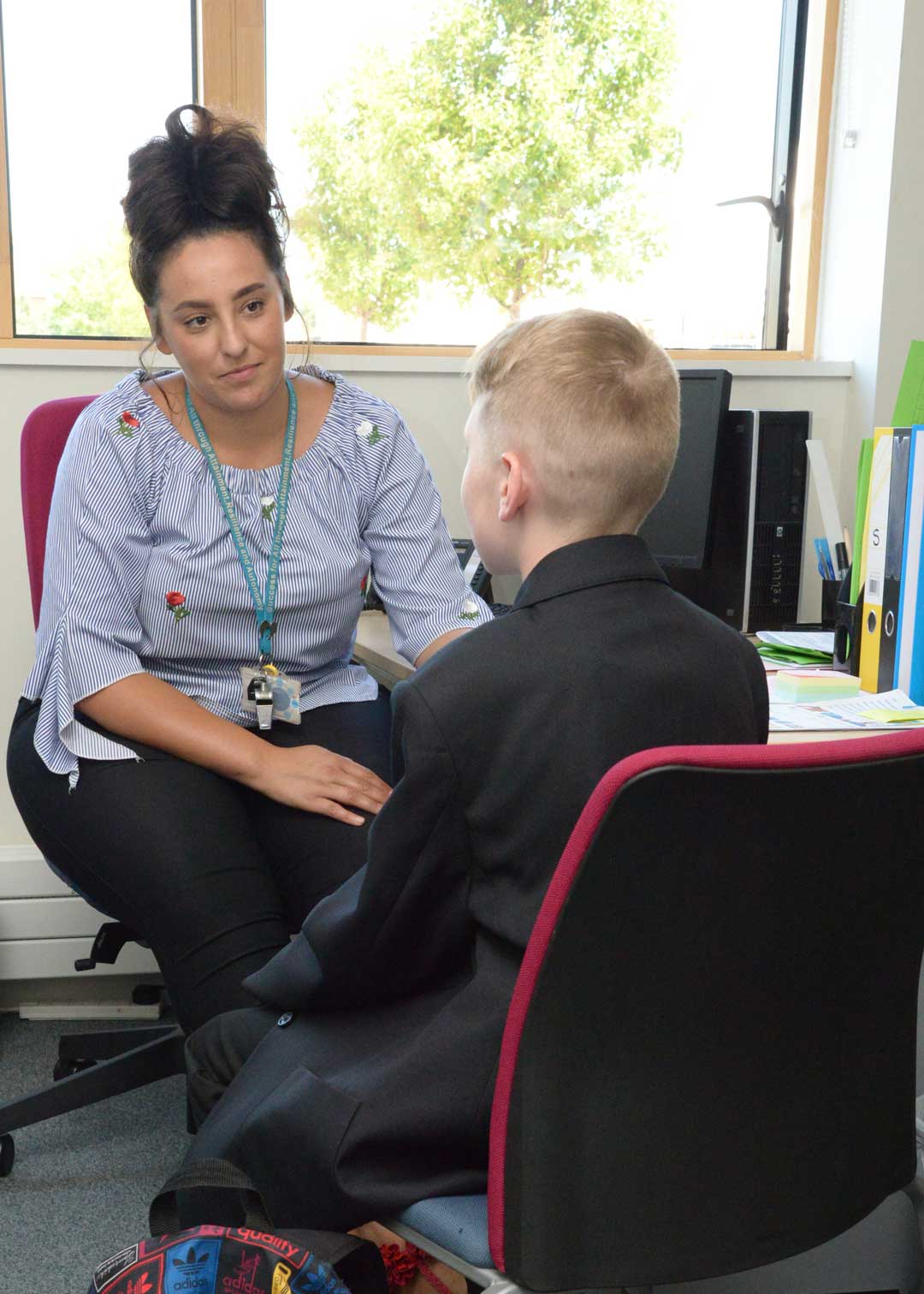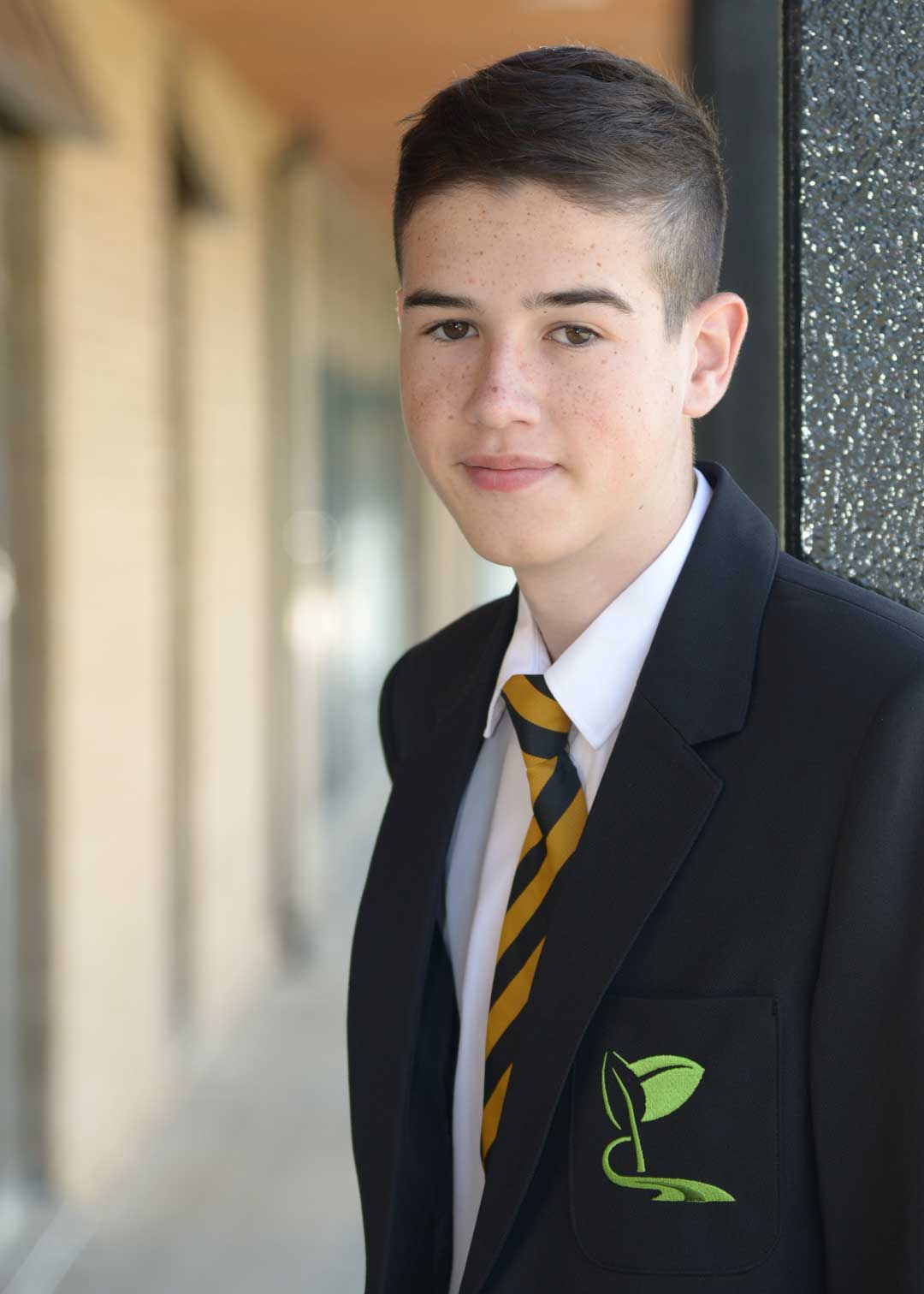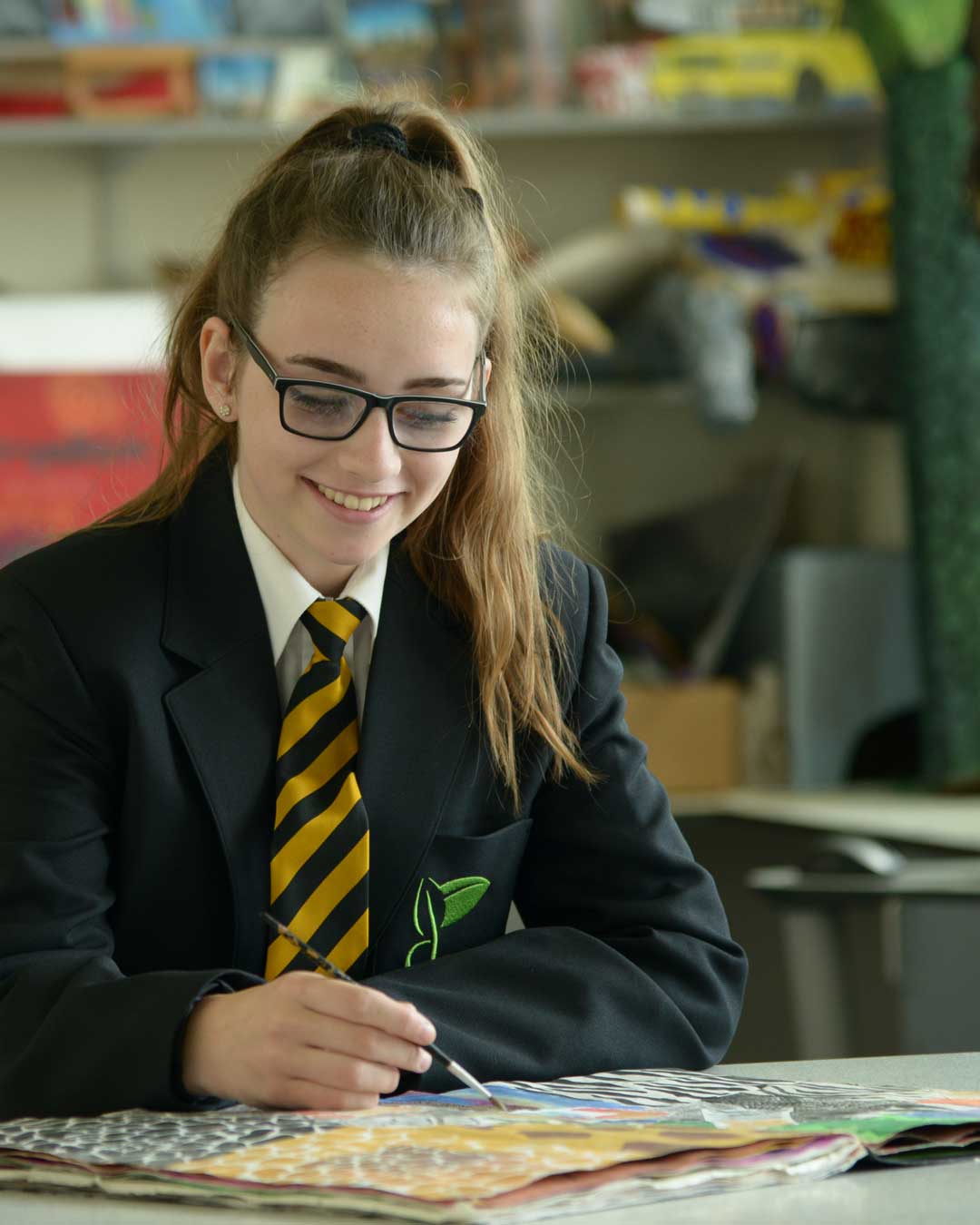At Park Community School we are committed to providing ALL students with a great education; securing strong academic outcomes alongside experiences of the curriculum and the world around us which broaden horizons and encourage a love of learning. We encourage students to discover what they love and therefore invest heavily in developing the quality of teaching and enabling all students to access a broad and balanced curriculum, which includes a wealth of experiences outside of the classroom.
Our Pupil Premium Strategy is focussed on 4 broad areas:
- Behaviour for learning that allows all to succeed
- Attendance and parental engagement
- All students to be able to read at their chronological age and above
- High quality teaching which develops independence
Pupil Premium Strategy Document
Our Pupil Premium strategy is based on a comprehensive understanding of our students, their families and the community. We regularly review its impact using internal and external data and current research produced the Education Endowment Foundation. Park Community School participated in the ‘Improving Outcomes for Disadvantaged Learners’ project with Hampshire and Rosendale Research, and took part in the Havant Tackling Disadvantage project in partnership with other local schools and HIAS.

For Academic Year 2023/2024, the school received the following amounts:
| Pupil Premium | £550,655 |
| Service Children | £2218 |
| Post Looked After Children | £6569 |
Grant Allocation:
In 2023/2024 the school received £690,407.
The school spent £698,00 providing additional support for PP students. The pupil Premium is grant funding and is in addition to the school’s delegated budget. The school chooses to invest additional funding from its delegated budget to support pupil Premium funding.
The Pupil Premium is allocated by calculating the number of students who are on Free School Meals (FSM) or have had FSM in the last six years. Students who have been in care continuously for more than six months or have a parent in the Armed Services also lead to some additional funding for the school.

